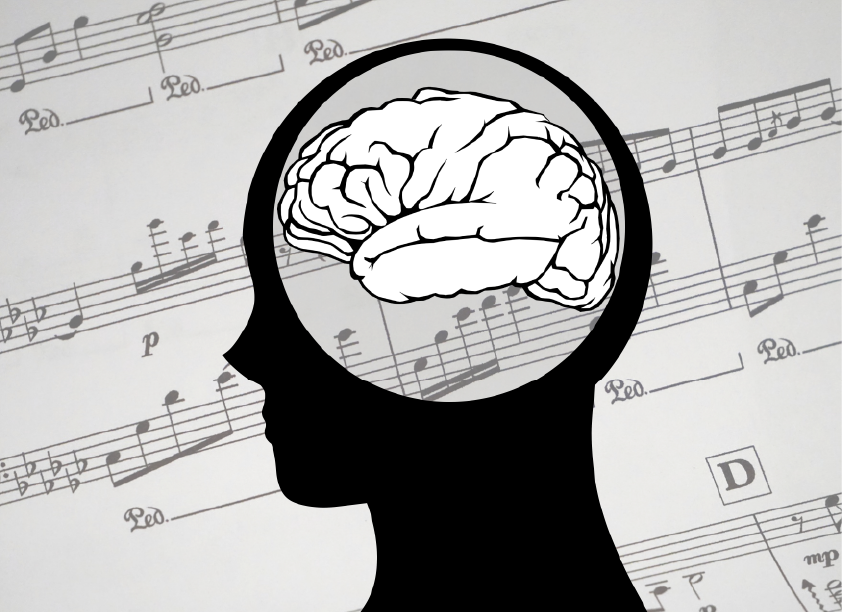Music has been humanity’s companion through joy, sorrow, celebration, and healing for millennia. Beyond entertainment, scientific research reveals that music possesses remarkable therapeutic properties that can significantly impact mental health. From reducing anxiety and depression to enhancing cognitive function and emotional regulation, music therapy has emerged as a powerful tool in mental health treatment.
Whether it’s the calming effect of classical melodies, the energizing boost of upbeat rhythms, or the emotional release found in meaningful lyrics, music influences our brain chemistry in profound ways. This comprehensive exploration examines how music affects mental health, the mechanisms behind its therapeutic benefits, and practical ways to harness music’s healing power for improved psychological well-being.
The Science Behind Music and Mental Health
Neurological Impact of Music
Music activates multiple brain regions simultaneously, creating a complex neurological response that affects mood, memory, and emotional processing. When we listen to music, our brains release dopamine, the “feel-good” neurotransmitter associated with pleasure and reward. This neurochemical response explains why certain songs can instantly lift our spirits or provide comfort during difficult times.
Research shows that music also influences cortisol levels, the primary stress hormone. Regular exposure to calming music can significantly reduce cortisol production, leading to decreased stress and anxiety. Additionally, music stimulates the release of endorphins, natural pain relievers that contribute to feelings of well-being and happiness.
Music Therapy: A Professional Approach
Music therapy, conducted by certified professionals, utilizes specific musical interventions to address mental health challenges. This evidence-based practice has shown remarkable success in treating various conditions, including depression, anxiety, PTSD, and autism spectrum disorders. Music therapists employ techniques such as active music-making, lyric analysis, and guided listening to help clients process emotions and develop coping strategies.
Mental Health Benefits of Music

Stress Reduction and Anxiety Management
Listening to music, particularly slow-tempo instrumental pieces, can lower heart rate and blood pressure while reducing anxiety symptoms. Classical music, nature sounds, and ambient compositions are particularly effective for stress relief. The rhythmic patterns in music can synchronize with our breathing and heart rate, promoting relaxation and calm.
Depression and Mood Enhancement
Music’s ability to influence mood is well-documented in clinical studies. Uplifting melodies and positive lyrics can counteract depressive thoughts and provide emotional support. Group music activities, such as singing in choirs or playing in bands, offer social connection and community support, which are crucial for mental health recovery.
Cognitive Function and Memory
Music enhances cognitive performance by improving focus, attention, and memory retention. The “Mozart effect” demonstrates how classical music can temporarily boost spatial-temporal reasoning. For individuals with dementia or Alzheimer’s disease, familiar songs can trigger memories and improve cognitive function, providing moments of clarity and connection.
Practical Applications for Mental Wellbeing
Creating Therapeutic Playlists
Developing personalized playlists for different moods and situations can be a powerful self-care tool. Consider creating separate playlists for relaxation, motivation, emotional processing, and sleep. Include songs that resonate with your experiences and emotions, as personal connection enhances music’s therapeutic effects.
Active Music Engagement
Beyond passive listening, actively engaging with music through singing, playing instruments, or dancing amplifies mental health benefits. These activities provide creative expression, physical movement, and a sense of accomplishment, all contributing to improved psychological well-being.
The impact of music on mental health extends far beyond simple entertainment, offering scientifically backed therapeutic benefits that can transform our psychological well-being. From reducing stress and anxiety to enhancing mood and cognitive function, music serves as an accessible and powerful tool for mental health support. By understanding and harnessing music’s healing properties, we can integrate this natural therapy into our daily lives for improved emotional resilience and mental wellness.

